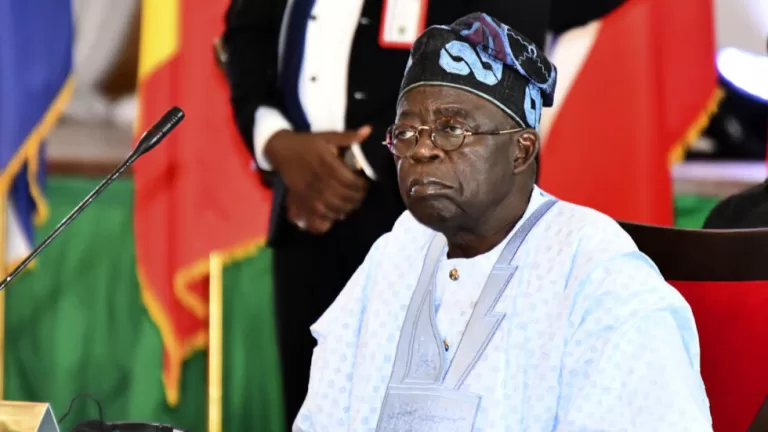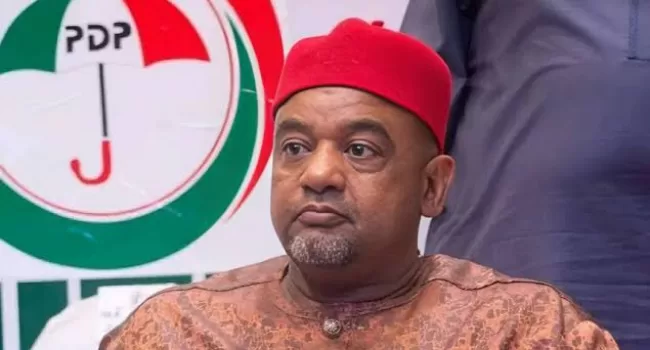
Lagos State Governor Babajide Sanwo-Olu recently criticized Peter Obi’s remarks on Nigeria’s rising poverty rates during a speech at Johns Hopkins University, alleging that Obi’s tenure as the Governor of Anambra State only exacerbated the state’s economic challenges. However, a deeper dive into Peter Obi’s record reveals a stark contrast, highlighting significant achievements that undermine Governor Sanwo-Olu’s claims, suggesting that his statements are not grounded in fact, but rather political rhetoric aimed at discrediting Obi’s growing influence.
When Peter Obi assumed office as the Governor of Anambra State in March 2006, he inherited a state grappling with an unstable economy, violent unrest, and severe infrastructural decay. His leadership transformed Anambra into one of Nigeria’s most developed and financially stable states, with documented successes that challenge the accusations leveled against him.
Key Achievements Under Peter Obi’s Leadership:
- Economic Stability and Savings: Obi was recognized for his fiscal prudence, leaving behind a state with over USD 150 million in savings, alongside a debt-free status—an uncommon feat among Nigerian states.
- Improved Security: Obi’s administration invested in enhancing public safety, successfully reducing violent crime over the final years of his tenure, which saw Anambra become one of the most secure states in the region.
- Education: His government’s commitment to education was unprecedented. Under his leadership, Anambra’s educational sector saw a remarkable transformation, moving from 26th place to the top spot in national examinations.
- Infrastructure Development: Obi’s administration oversaw the construction of over 800 kilometers of roads, elevating Anambra to the top tier in terms of road infrastructure in Nigeria.
- Health and Social Impact: Obi invested heavily in health care, receiving global recognition for polio eradication efforts and improving maternal and child health care. His government also spearheaded the establishment of new hospitals and partnerships with religious organizations to expand healthcare services.
Obi’s tenure was also marked by transparent governance, the adoption of zero-based budgeting, and strategic investments in sectors like manufacturing and agriculture, all of which contributed to the state’s growth and development.
While Sanwo-Olu’s criticisms reflect his political stance, they fail to account for the tangible improvements Peter Obi brought to Anambra, particularly in sectors like education, healthcare, and infrastructure. Obi’s governance stands as a model of efficient resource management and progressive policies in the face of significant challenges.
What to Take Away from This Story:
- Political criticisms often come with selective narratives that fail to reflect the full picture of governance.
- Peter Obi’s record as Governor of Anambra State is a testament to prudent leadership, focused on improving key sectors such as security, education, and infrastructure.
- While political opponents may attempt to undermine his achievements, the data and outcomes from Obi’s time in office speak volumes about his capabilities and commitment to public service.
Peter Obi’s tenure as Governor shows that effective governance is not just about rhetoric—it is about tangible results that improve the lives of the people. Governor Sanwo-Olu’s claim, therefore, seems to be more of a politically motivated attack, rather than a reflection of actual facts or measurable outcomes.





